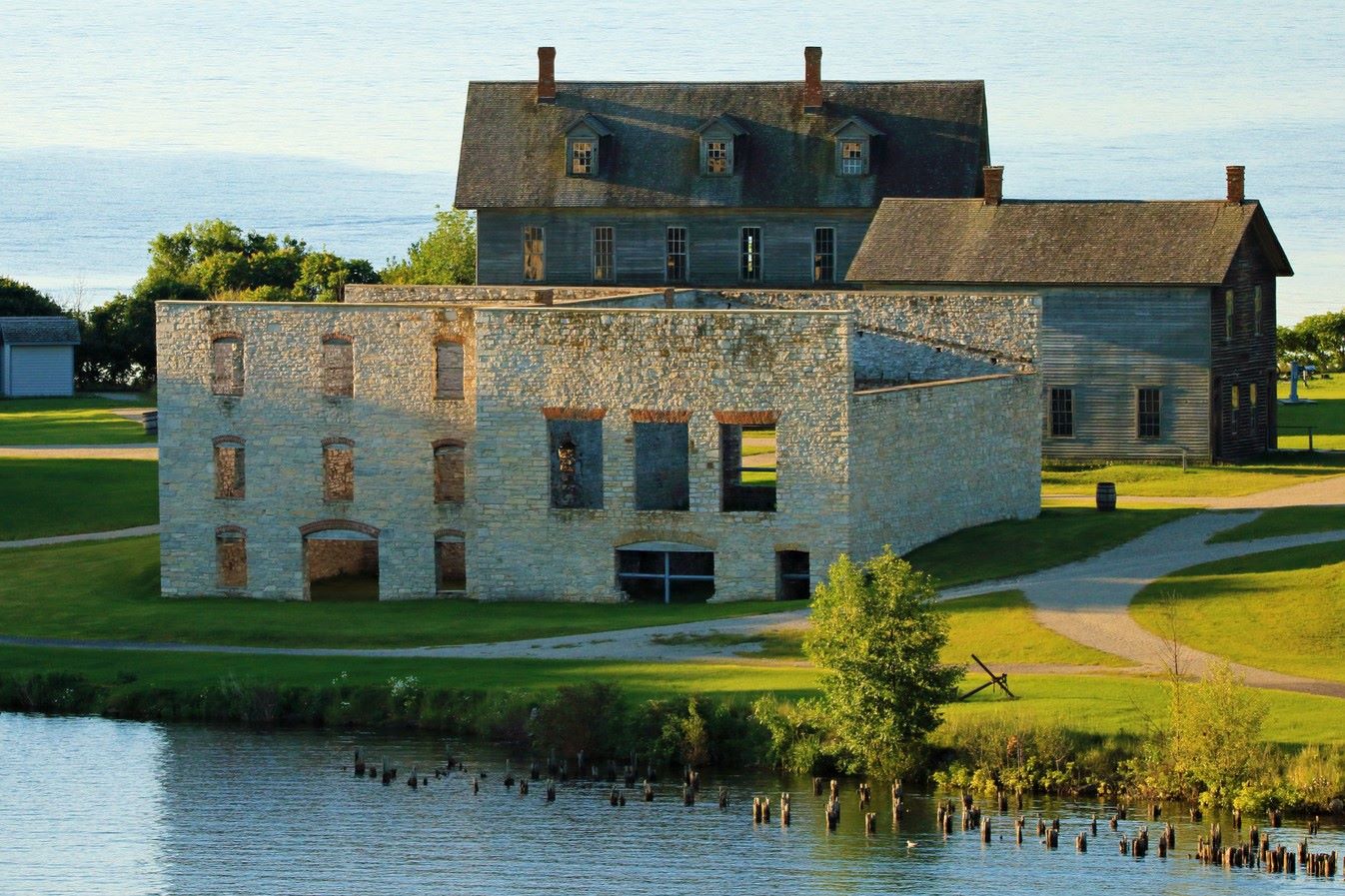Hidden History Of Michigan’s Fayette Villages

Have you ever wondered about the hidden history of Michigan's Fayette Villages? Tucked away on the Upper Peninsula, Fayette offers a glimpse into the past. Once a bustling iron-smelting town in the late 1800s, it now stands as a ghost town with stories etched in its ruins. Walking through Fayette Historic State Park, you can almost hear the echoes of workers and families who lived there. The preserved buildings, from the hotel to the furnace complex, tell tales of industry and community life. Nature has reclaimed much of the area, adding a serene beauty to the historical backdrop. Whether you're a history buff or just curious, Fayette Villages provide a unique peek into Michigan's past.
Discovering Fayette's Forgotten Past
Michigan's Upper Peninsula holds secrets of a bygone era, and Fayette Historic State Park is one of its best-kept treasures. Once a bustling industrial town, Fayette now stands as a testament to the past. Let's uncover the hidden history of this fascinating village.
1. The Iron Smelting Era
Fayette was founded in 1867 as an iron smelting town. The Jackson Iron Company established it to process iron ore from nearby mines. This was a time when iron was king, and Fayette was at the heart of it all.
- Blast Furnaces: These massive structures were the backbone of Fayette's industry. They transformed raw iron ore into pig iron, which was then shipped to steel mills.
- Charcoal Kilns: Essential for fueling the blast furnaces, these kilns produced charcoal from local hardwoods. The process was labor-intensive but crucial for the town's success.
2. Life in a Company Town
Living in Fayette meant being part of a close-knit community. The company owned everything, from homes to stores, creating a unique lifestyle for its residents.
- Company Store: Residents relied on this store for all their needs. It was a hub of activity, where people gathered to shop and socialize.
- Housing: Workers and their families lived in company-owned homes. These houses, though modest, were well-built and provided a sense of stability.
3. The Decline and Abandonment
By the late 19th century, Fayette's fortunes began to wane. Changes in the iron industry and dwindling resources led to its decline.
- Economic Shifts: As steel production methods evolved, the demand for pig iron decreased. Fayette's once-thriving industry struggled to keep up.
- Closure: In 1891, the Jackson Iron Company ceased operations in Fayette. The town was gradually abandoned, leaving behind a ghostly reminder of its past.
4. Preservation and Restoration
Today, Fayette Historic State Park preserves the village's history, offering visitors a glimpse into its storied past.
- Restored Buildings: Many of the original structures have been restored, allowing visitors to step back in time. From the hotel to the superintendent's house, each building tells a story.
- Interpretive Programs: The park offers programs that educate visitors about Fayette's history. These include guided tours, reenactments, and interactive exhibits.
5. Exploring the Natural Beauty
Beyond its historical significance, Fayette is surrounded by stunning natural landscapes. The park offers opportunities for outdoor adventures.
- Hiking Trails: Trails wind through the park, offering breathtaking views of Lake Michigan and the surrounding forests. It's a perfect way to experience the area's natural beauty.
- Camping: For those who want to immerse themselves in nature, the park offers camping facilities. Spend a night under the stars and enjoy the tranquility of this historic site.
Discovering Fayette's Past
Fayette Villages in Michigan offer a fascinating glimpse into the past. Once a bustling iron smelting town, it now stands as a historic site where visitors can wander through preserved buildings and imagine life in the 19th century. The natural beauty surrounding Fayette, with its limestone cliffs and Lake Michigan views, adds to the charm. Exploring this area provides a unique opportunity to learn about the industrial history of the region and the people who lived and worked there. Whether you're a history buff or just someone who enjoys scenic landscapes, Fayette has something to offer. It's a reminder of how communities evolve and change over time. Visiting Fayette Villages is not just about looking back; it's about appreciating the stories and experiences that have shaped the present. So, next time you're in Michigan, consider a trip to this hidden gem.

